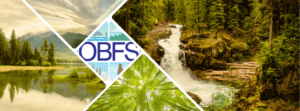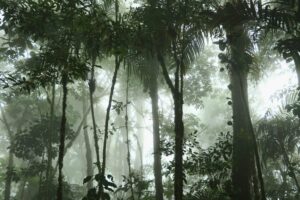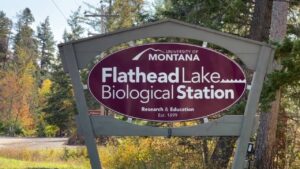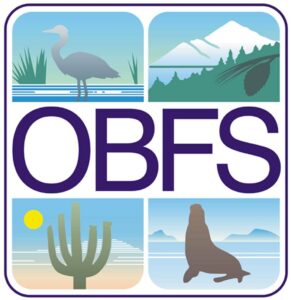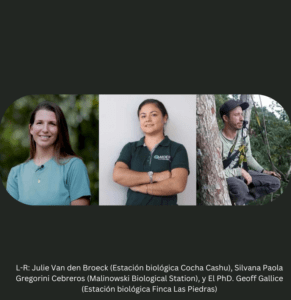The Function of Field Stations and Marine Labs
"You do realize what that summer...did to us, don't you? Made us realize we could actually do science."
— Jeff, past student at a field station
"Field stations are places where we can read the book of life in the language in which it was written."
— James Kirchner, U.C. Berkeley
Discussion Board
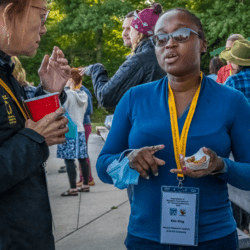
Contribute to ongoing discussions and review content and Q&As developed for FSML staff
General Information
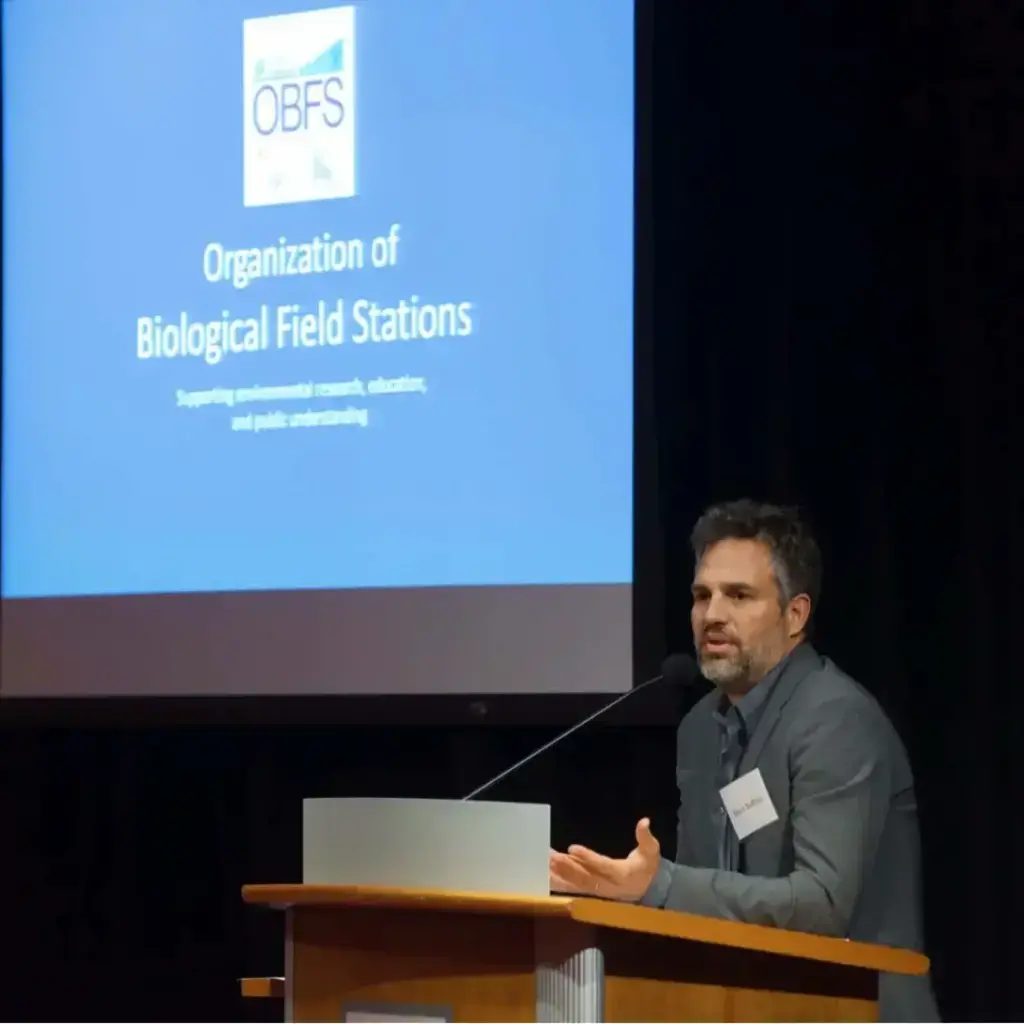
Job Postings
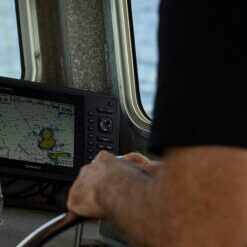
Operating a field station for research and education presents many challenges. Here are opportunities for people who thrive at FSMLs.
2024 Annual Meeting November 11-15, 2024
News and Events
On-site position opening at a Costa Rican field station
EXECUTIVE DIRECTOR CLOUDBRIDGE NATURE RESERVE ABOUT THE ORGANIZATION: The Cloud Forest Conservation Alliance…
Flathead Lake Biological Station Awarded $9.5M for Ocean Climate Change Science
Origionally published by NBC KTVH By: UM News Service Posted at 6:11 PM, Jun 16,…
2024 Fall Research Experiences for Undergraduates (REU) Program at Bermuda Institute of Ocean Sciences
2024 Fall Research Experiences for Undergraduates (REU) Program at Bermuda Institute of Ocean Sciences FULLY…
Operations & Stewardship Manager (Opinicon Campus) – Queen’s University Biological Station (QUBS)
Please see full position summary and how to apply here About Queen’s University Queen’s University…
OBFS Board Meeting
The OBFS Board meets every 8 weeks. All OBFS members are welcome to attend. Please…
Writing Workshop
Academic Writing Retreat at Lacawac Sanctuary Our writing retreats for academics, PhD students and other…
Virtual Café: el papel de las estaciones de campo y el esfuerzo científico – Virtual Café: The Role of Field Stations in Scientific Research
Tenemos como enfoque hablar sobre los esfuerzos de investigación que se realizan en sus estaciones…
OBFS Board Meeting
The OBFS Board meets every 8 weeks. All OBFS members are welcome to attend. Please…
Field Stations and Marine Labs
Donate to OBFS!
OBFS is a non-profit organization and you can help further and sustain its mission through your generous support. Please consider a generous donation in support of our work to help shape the future of field science in your community!


